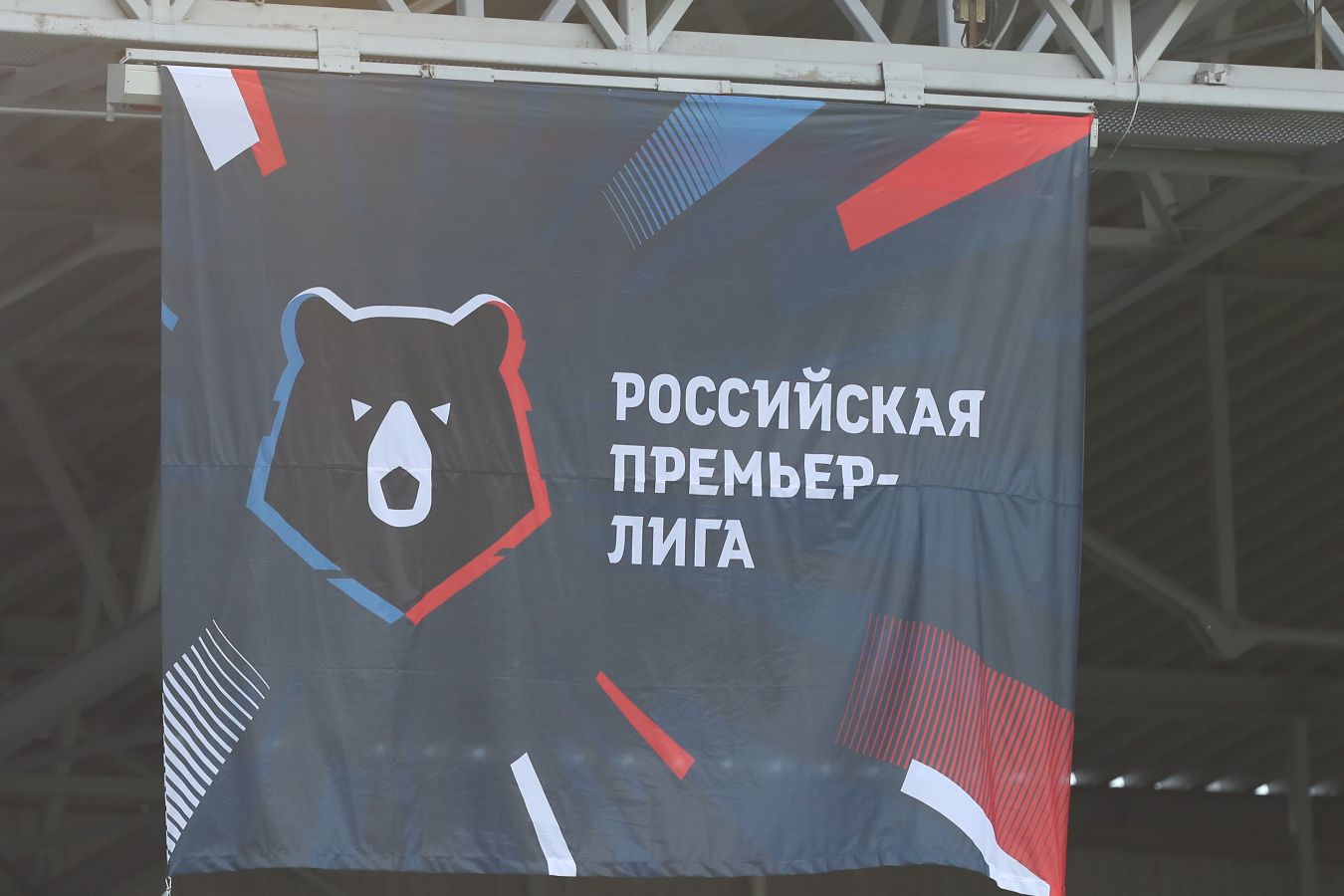In the spring of 1981, Jeanne Coker adorned herself with a Union Jack and became one of over 6,000 runners participating in the inaugural London Marathon.
At this historic event, only 4% of the competitors were women—compared to an anticipated 45% in this weekend’s race—however, had the marathon started a decade earlier, Jeanne would have been prohibited from competing.
Until 1975, women in the UK were not allowed to participate in road races longer than 6 kilometers, which is under four miles.
At the age of 44, Jeanne, a resident of Wembley, joined approximately 300 other women in signing up for the first London Marathon. It was her debut marathon, and she completed the challenging 26.2-mile (42.2 km) course in four hours and eight minutes.
“The whole situation highlighted how differently women and men were treated,” Jeanne recounted to BBC London.
“They had completely overlooked the presence of women in the race; when we reached Charing Cross, the women’s toilets were still locked. That is a significant concern before a race!”
Jeanne’s running journey began when she moved to London for university.
Living in Hampstead, she connected with a group of runners from Highgate.
“I took up running for fitness, as I was involved in netball,” she explained.
“For women of my generation, if you were somewhat athletic, you typically played netball or hockey; running on the roads was not an option for a long time.”
At that time, she stated, “annoyed isn’t quite strong enough” to capture her feelings about being told women shouldn’t have the same opportunities as men.
“It’s absurd to restrict someone based on their gender,” she asserted.
“I’ve put in considerable effort to advocate for change on behalf of women.
“One year, ten of us decided to take a stand against what was happening by participating in a different ten-mile road race over Easter weekend.
“We pledged that if anyone was penalized or banned for running on the road, we would all unite in solidarity, and others would do the same for us.
“But nothing transpired because nobody took the rule seriously.”
It has now been 50 years since the UK lifted its ban on women participating in marathons.
Jeanne reflected on the prevailing attitude towards men and women running together during the first London Marathon in 1981, describing it as one of “unity”.
“I never encountered a man who opposed the idea of women running alongside men. We received tremendous support.
“Both men and women were unsure about how to change the rules,” she added.
“I simply wanted to run the first London Marathon; my identity as a woman was irrelevant—I was just a runner.”
On race day, Jeanne described the enthusiastic crowds cheering for the participants as “fantastic”.
“I take immense pride in being part of the inaugural London Marathon,” she expressed.
“I wish I could relive it; it was an incredible experience.”

